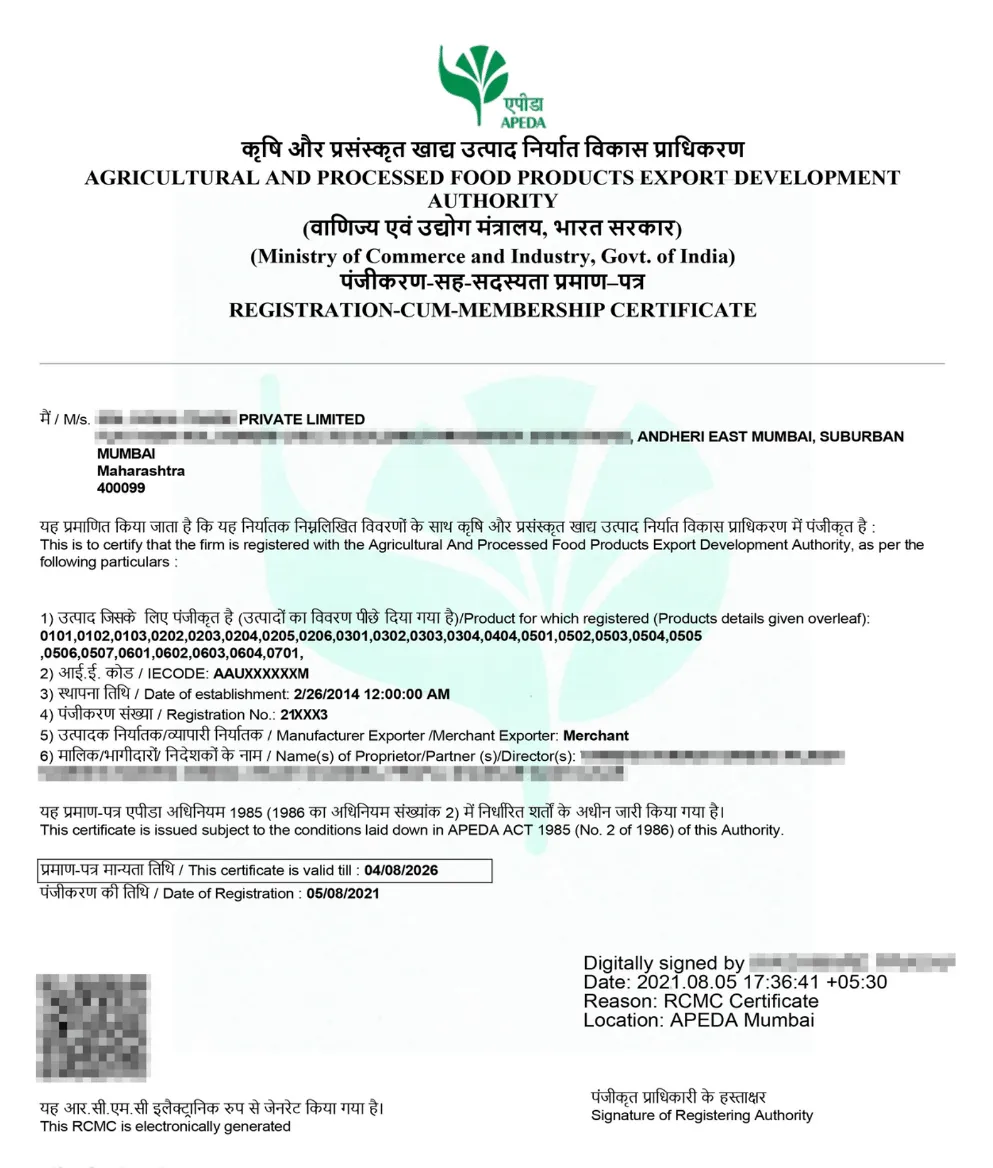
Updated on April 09, 2025 05:30:13 PM
In recent years, the demand for animal food exports has increased all over the world. This is mainly because more people are adopting pets, spending more money on them, and paying more attention to their health and nutrition. Pet owners want good-quality and healthy food for their animals. This has created a great chance for businesses to export animal food to other countries. However, exporting animal food is not always easy. Businesses need to learn about the latest market trends, follow the rules of other countries, handle shipping carefully, and provide products that customers in other countries want.
To succeed in the international market, businesses should offer good-quality products, use safe and healthy ingredients, and follow all the rules for trading between countries. This page will help you understand the important things about animal food export. It will explain market trends, common problems, and simple tips to help businesses grow and succeed in the global market.
Animal Food Export Certificate [Sample]

Table of Content
Animal food, also called animal feed, is specially made for animals like dogs, cats, birds, fish, cows, and other pets. It gives them the necessary nutrients like proteins, fats, carbohydrates, vitamins, and minerals, which help them stay healthy and grow properly. There are different types of animal food available in the market such as dry food, moist or canned food, semi-moist food, and even homemade or raw food. Each type of food has its own benefits and is given based on the animal’s age, health, and what it needs to stay healthy every day. Giving the right food keeps animals strong, active, and happy.

The current HSN code that major Animal food exporters use is 23091000 and 23099090.
| HSN Code | Description | Product |
|---|---|---|
| 23091000 | food put up for retail sale, and used from India. |
|
| 23099090 | Animal food exports and made in India |
|

India is a significant producer of various animal food products, including:

Exporting animal food from India offers several benefits to businesses, the economy, and consumers. Here are some key advantages:

Exporting animal food from India is typically carried out by entities that meet certain qualifications and adhere to regulatory requirements. Here is a list of who can export animal food:

Exporting animal food from India involves a series of steps to ensure compliance with various regulatory requirements and smooth execution of the export process. Here is a detailed procedure:

Exporting animal food from India requires a variety of documents to comply with both Indian regulations and the requirements of the importing country. Here is a comprehensive list of the documents typically required:

To estimate the total cost to export Animal food from India the costs of obtaining the necessary licenses and permits, meeting labeling requirements, as well as the applicable exporting duties and taxes. The exact costs would depend on the specific product, country of origin, and other details of the export transaction based on your shipment.

At Professional Utilities, we leverage our industry knowledge and expertise to help businesses navigate complex regulations, minimize risks, and optimize operations for maximum efficiency and profitability.






Conclusion
The export of domestic animal food from India has grown because of low manufacturing costs and the increasing number of pets and animals around the world. The main items sent for export are dry food, moist food, and nutritional supplements for animals. Starting an export business involves many important steps. You need to set up your business, get an Import Export Code (IEC) from DGFT, check the quality of your products, understand the market, and get all the necessary documents ready. All this can take a lot of time and effort. To make the process simple, consult Professional Utilities. Our team of experts will guide you at every step and help you complete the registration process easily.

Frequently Asked Questions (FAQs)
APEDA is responsible for the export of agricultural products including Animal food and the authority assists in exporting them. They provide information on access to markets, export quality, and financial aids for export.
Monitor the quality of the food stored, transported, and served during the preparation of meals. Obtain certification, taking tests more frequently and adhering to the food safety laws of your country and countries you are conducting business in
Yes there are few conditions that may apply which are commonly restricted by the rules of the foreign country. Depending on the type of the ingredient or the type or the Animal food being sold there may be set regulations or the sale may be banned in certain countries.
Product packaging must guarantee safety and quality right through the supply chain of the Animal food. Labels should contain product’s name, list of ingredients, additives, nutritional value, name and address of manufacturer, batch number, date of manufacture, and various other instructions which are mandatory as per the laws of the importing country.
Speak Directly to our Expert Today

Reliable

Affordable

Assured